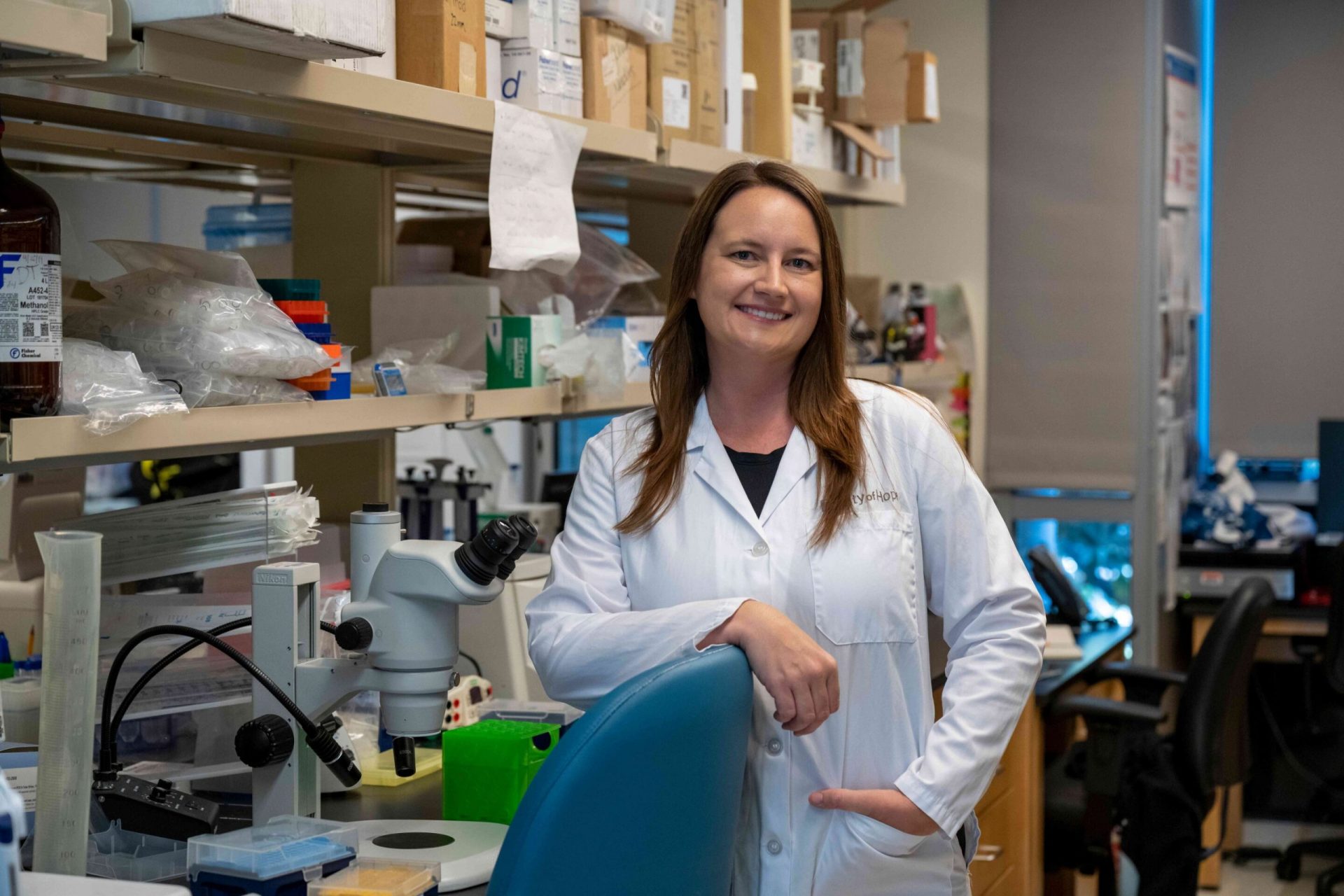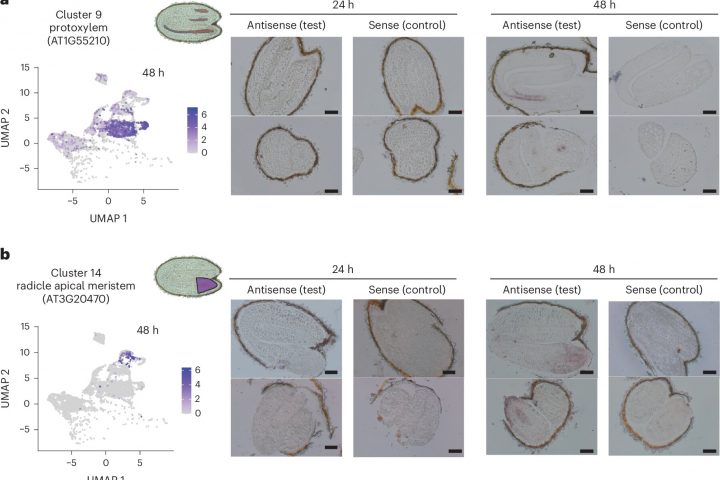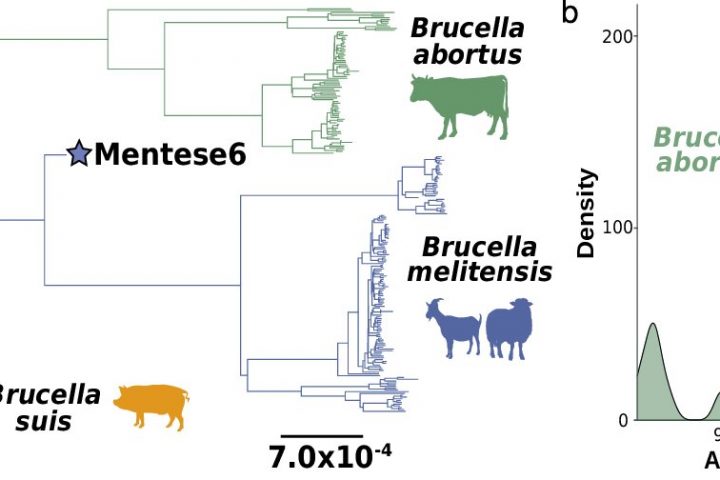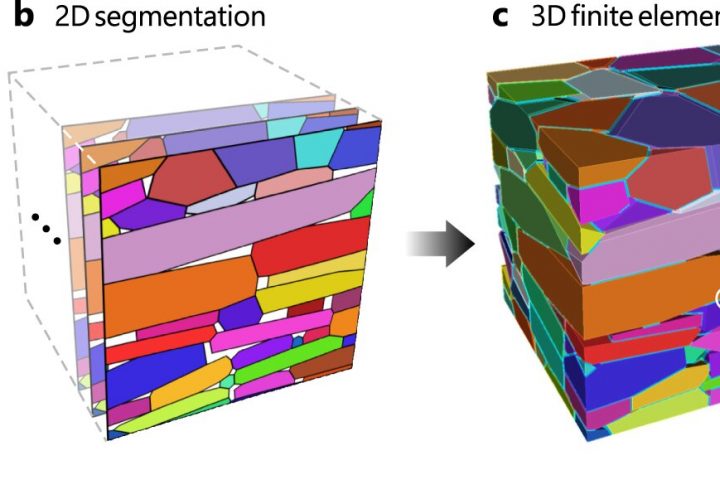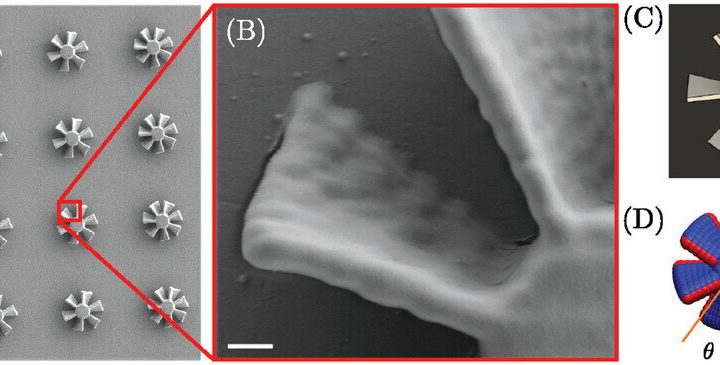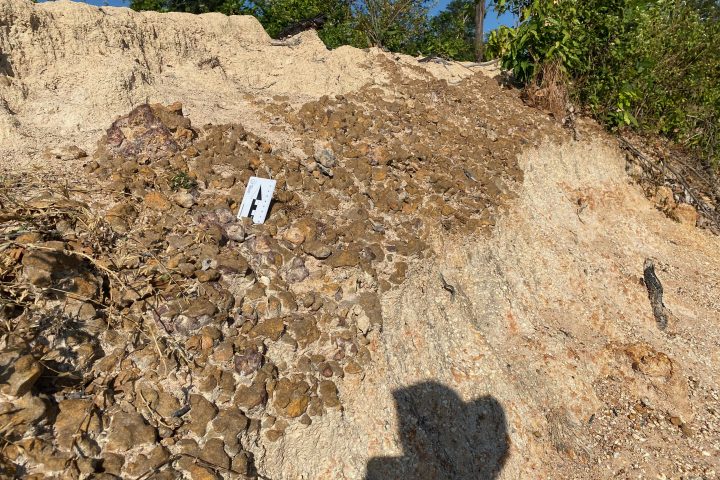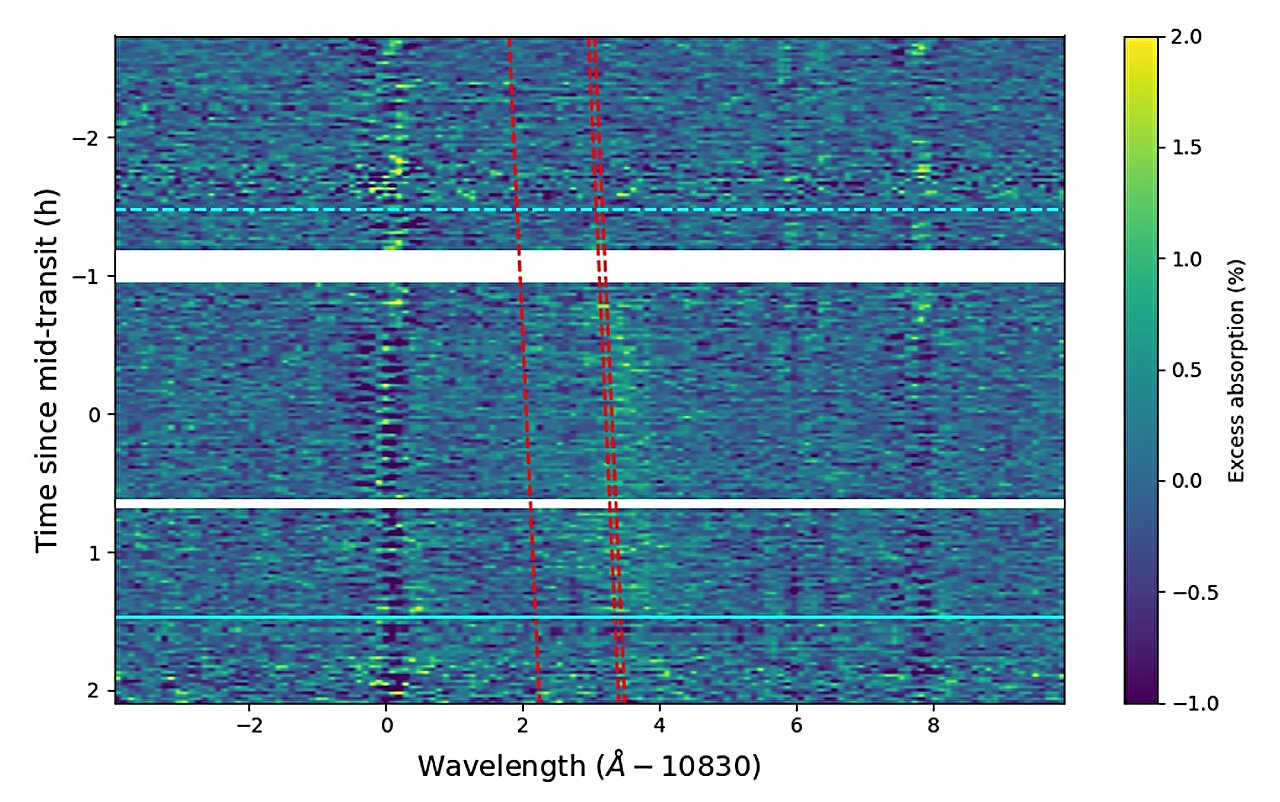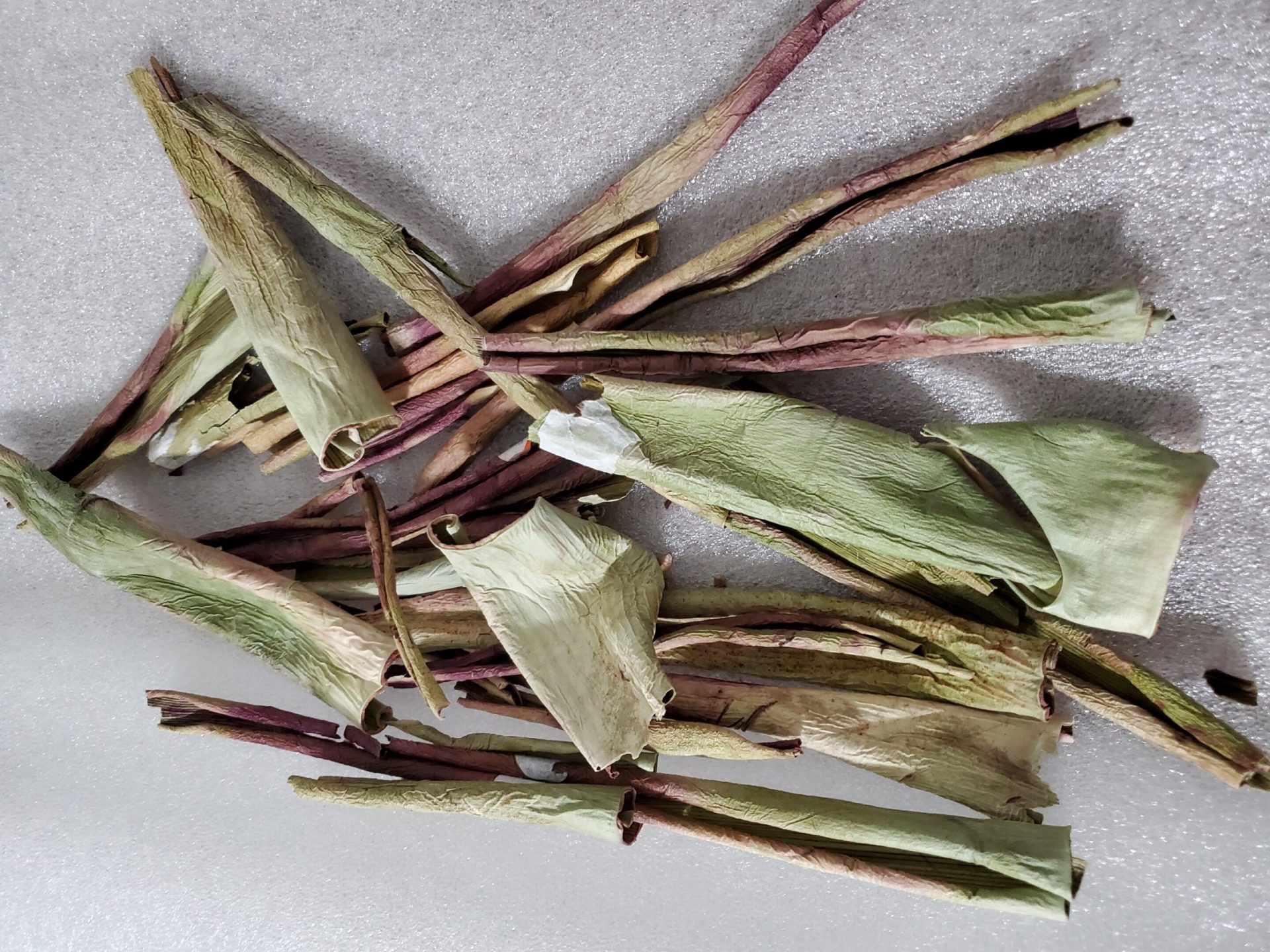Scientists at City of Hope, one of the largest cancer research and treatment organizations in the United States, have made a groundbreaking discovery. They have identified a cell metabolism process found in men with diabetes and metastatic prostate cancer that could revolutionize testing and treatments for Black men with these diseases.
The research will be highlighted in the press program for the American Chemical Society (ACS) Fall 2023, a hybrid meeting that will be held virtually and in person in San Francisco from Aug. 13 to 17.
Prostate cancer is a significant concern for Black men, as they are more than twice as likely to die from the disease compared to other men. In an effort to develop inclusive diagnostic tests and personalized treatments, City of Hope researchers conducted a small clinical trial. They identified four metabolism-related biomarkers that are associated with an increased risk of metastatic prostate cancer in men of West African heritage. City of Hope is at the forefront of research at the intersection of cancer and diabetes.
“We have discovered genetic and molecular changes that can be developed into a tool to predict which Black men are at the highest risk of developing metastatic prostate cancer,” said Dr. Sarah Shuck, the principal investigator of the trial. Dr. Shuck, who is an assistant professor at City of Hope, will present the data at ACS. “This test would give doctors the ability to more accurately predict patients’ prognoses and equip scientists with more data as they work to design therapies that prevent prostate cancer from developing in the first place,” she added.
The researchers found that a compound called methylglyoxal (MG), which is elevated in people with diabetes, plays a role in the development of prostate cancer. MG binds to DNA, RNA, and protein, creating a complex that may promote cancer emergence due to its instability and disrupted function.
Prostate cancer is the second most common cancer in men. Black men are 70% more likely than white men to be diagnosed with prostate cancer and two to four times more likely than other racial and ethnic groups to die from the disease, according to data from the American Cancer Society.
Diabetes, a chronic metabolic disease, is characterized by elevated levels of blood glucose or sugar. Black adults are 60% more likely than white adults to be diagnosed with diabetes and twice as likely to die from it, according to the U.S. Department of Health and Human Services Office of Minority Health.
Dr. Shuck’s lab focuses on studying how metabolic dysregulation causes diabetes and cancer. Her team investigates the biochemistry involved when excess sugar damages important molecules.
To determine if the identified dysregulated complexes were linked to race and genetics, the researchers conducted a small clinical study. They gathered blood samples from 371 men with and without prostate cancer from across the nation. The study also assessed samples for genetic evidence of West African heritage.
The researchers, including Dr. John Termini, a professor at City of Hope, examined four biomarkers associated with MG and the complexes it forms with DNA, RNA, and protein. Surprisingly, they found that men of West African descent had fewer of these malignancy-promoting complexes in their blood. However, a lower level of these complexes was linked to a greater risk of metastatic disease in this group.
The researchers hypothesize that, in men of West African descent, tumor cells sequester these complexes and spur metastatic processes from within. These findings did not apply to men of European descent.
City of Hope researchers are determined to gain a better understanding of prostate cancer disparities in order to develop a diagnostic test that can save lives.
